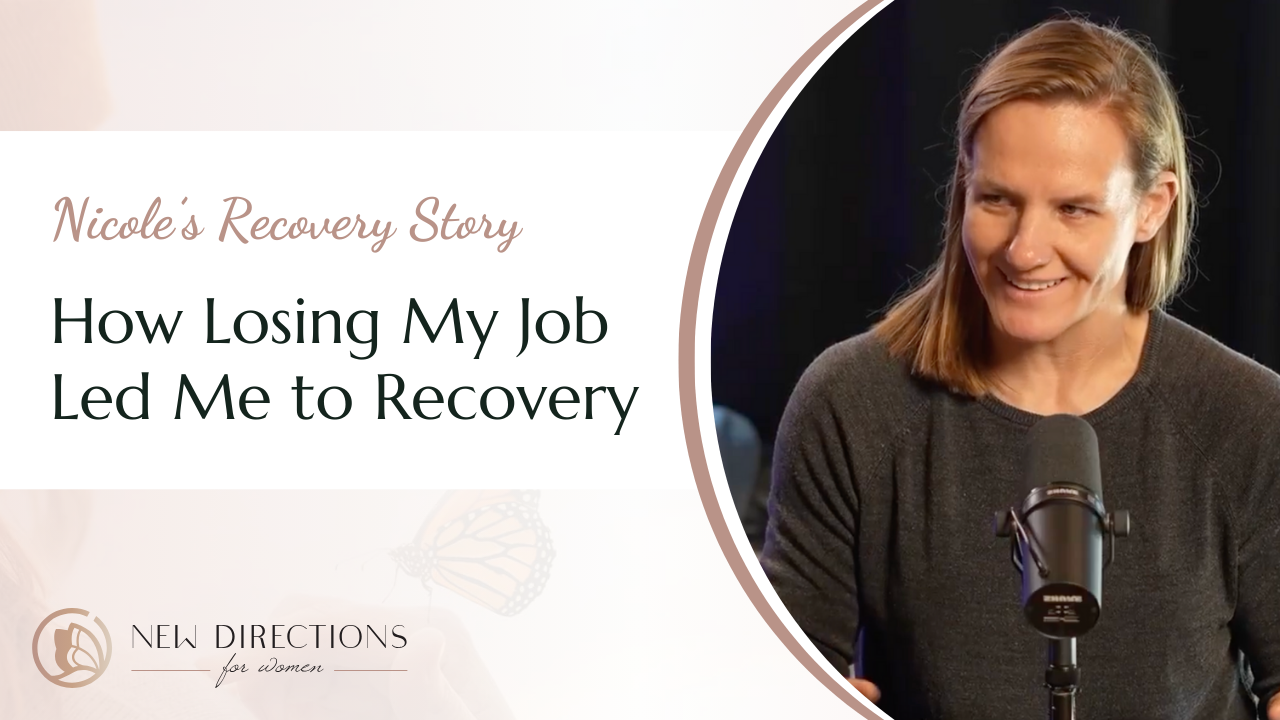From the outside, functioning addicts appear to be fine. They often have many responsibilities, a career, or take care of a family. However, their hidden addiction does affect their emotional, mental, and physical health. If you or someone you love constantly hides substance use from friends and family, you may be dealing with high functioning addiction.
What is Addiction?
Addiction is often referred to as a substance use disorder, or SUD. People diagnosed with a SUD will keep using tobacco, drugs, or alcohol even though they know it’s causing problems. People suffering from addiction may have distorted behaviors and thinking. Addiction involves intense cravings which may alter the brain’s structure.
Individuals with a severe addiction build up a tolerance to the substance, requiring them to use larger amounts to feel the effects. Addicts are often aware of their problem but are unable to stop using even if they wanted to. Drug and alcohol abuse is one of the leading causes of preventable illness and premature death in the nation.
High-Functioning Addicts
High functioning addicts can maintain relationships, friendships, and jobs while dealing with a compulsive need to use substances. Many functioning addicts seem to have a normal lifestyle. High functioning addicts may appear fine from the outside, but addiction still influences their emotional, physical, and mental health.
Here are some things to keep in mind about high functioning addiction:
- Anyone is capable of becoming a functioning addict.
- Addiction is a severe brain disease. Some people can, and some people cannot function regularly with the disease.
- High-functioning addicts may believe that they do not need treatment since they think they can control their addiction. This is not true. The sooner the treatment, the better.
High-functioning addicts can hide the effects of their substances. Their practices are most commonly not prominent. In most of these cases, the addiction is taking a serious toll.
Signs and Symptoms of High-Functioning Addicts
It is sometimes difficult to see the impact of addiction on very high functioning addicts. Here are signs that may point to a SUD:
High Volume of Consumption
It isn’t always how often you drink, but what happens when you drink that matters. If going out for a drink with friends always turns into several drinks, your drinking habit may be getting out of control. Inability to control urges with substances often leads to addiction. A constant high volume of consumption, especially when others limit themselves to one or two drinks, is a sign of abuse.
Drinking as a Reward
High functioning addicts will often justify their behavior, especially having to do with substances. When questioned about their drinking habits, they may say something like, “I’ve worked so hard today, I’ve earned this.”
Constantly Hungover
Functioning addicts may come into work each day slightly grumpy or with a headache. They will often have excuses about their appearance or physical state.
Drinking as a Coping Mechanism
Those who have stressful and chaotic lives sometimes look to alcohol or drugs as a method of coping. Using substances as a coping method creates a cycle that often leads to addiction. It may seem like substances help take the pressure off of a stressful situation, but they end up exacerbating it in the long run.
Cancellations of Non-Drinking Events
To hide hangovers or other signs of addiction, high functioning addicts may cancel engagements or appointments.
Loss of Interest
Functioning addicts are under the will of their substance. If an individual ceases to partake in hobbies or sports and instead replaces it with drinking activities, they may be showing signs of a SUD. Some addicts end up spiraling out of control, while others may keep their addiction hidden for years. The latter are less likely to seek treatment, even though they are in need.
Common Professions With High-Functioning Addicts
 The food and restaurant industry carries the highest risk for addiction. Construction-type jobs are second on the list. The entertainment and media industries are number three on the list. Other jobs, though, also have high rates of addiction. For example, police officers have high rates of addiction, usually attributed to their work culture. Professions that involve trauma and stress sometimes lead people to unhealthy coping methods.
The food and restaurant industry carries the highest risk for addiction. Construction-type jobs are second on the list. The entertainment and media industries are number three on the list. Other jobs, though, also have high rates of addiction. For example, police officers have high rates of addiction, usually attributed to their work culture. Professions that involve trauma and stress sometimes lead people to unhealthy coping methods.
Difficult and strenuous jobs, like health care professionals, sometimes develop high functioning addictions. 10% to 15% of health care workers are reported to have misused alcohol or drugs at some point. A significant risk factor for this profession is their access to drugs. Similarly, pharmacists are another high-risk group in terms of substance abuse.
Other than just access to drugs, factors often leading professionals to alcohol or drug abuse are stress, poor work-life balance, and burnout.
Women and Addiction
There are several differences between men and women regarding addiction. Women often use smaller amounts of certain substances compared to men. It does take less time, though, for women to develop an addiction. Studies show women tend to have more drug cravings and relapse following treatment. Here are other facts based on scientific research and evidence:
- Women-specific hormones make the effects of some substances more sensitive.
- Females may experience more effects on their blood vessels and heart following drug abuse.
- Women are more likely to be hospitalized or die following a drug overdose.
- Women experiencing domestic abuse are more at risk of substance use.
- Certain substances may lead women to develop panic attacks, depression, or anxiety.
Treatment Options
New Directions For Women offers several treatment options for women in any situation. Many high-functioning addicts are professionals and do not want to experience the stigma of treatment. Treatment at New Directions is a safe space where our clients learn to be honest with themselves and the people around them. Addiction typically makes people feel isolated, especially in functioning professionals. Our treatment programs are geared to target and heal the issues leading clients to addiction.
Detox
Whether dealing with a highly functional or completely dysfunctional addict, detox is necessary. Treatment for drugs and alcohol starts with detox. Depending on the substance, withdrawal symptoms can range from uncomfortable to deadly. A medical detox program is the safest option when starting treatment.
At New Directions, clients can expect to be guided to sobriety by a medical professional. Our team treats the symptoms that occur with withdrawal. They also try to make it as comfortable as possible. Even if a functioning addict does not want to undergo treatment, but wants to get sober on their own – they should consult a medical detox professional. Symptoms of withdrawal often include:
- Insomnia
- Vomiting
- Nausea
- Anxiety
- Diarrhea
- Dilated pupils
- Muscle aches
Depending on the severity of the addiction and type of substance, these symptoms can vary moderately.
Residential Treatment
 Residential treatment benefits most women in the early stages of their recovery. Clients in this treatment live at the treatment facility. Some people require or benefit from 24/7 supervision. Clients within residential treatment cannot go to work or home until their treatment is complete.
Residential treatment benefits most women in the early stages of their recovery. Clients in this treatment live at the treatment facility. Some people require or benefit from 24/7 supervision. Clients within residential treatment cannot go to work or home until their treatment is complete.
Every person’s situation is different and highly complex. Many people begin residential treatment because they have become highly dysfunctional within their lives. Functional addicts do find this treatment useful since their addictions are more deeply rooted. Residential treatment is structured as a housing community, unlike standard inpatient treatment. This program offers comfortability and focuses on each individual’s path to recovery. The benefits of residential treatment at New Directions are:
- Women-focused environment
- Individual and group therapy
- Calculated transition into a sober lifestyle
- Provision of healthy coping skills that help maintain sobriety
Intensive Outpatient Program (IOP)
At any stage of recovery, women can enter this treatment program. Intensive outpatient treatment is accomodating to those who need to attend classes or continue working at night. This program offers flexibility for those who cannot afford to give up their entire life for treatment. Professionals who become functioning addicts may find this program useful.
Intensive outpatient treatment requires participation five days a week. In this program, clients focus on individual and group therapy. Relapse prevention education is another important factor of treatment. IOPs utilize several treatment methods ranging from traditional to holistic.
Many women in our programs find holistic methods critical to their recovery. Functioning addicts may learn to be more mindful in their day-to-day life through treatment. New directions also offer activities that promote self-care, which is beneficial in treatment.
Partial Day Treatment
Partial day treatment works best for those who have experience with residential treatment. It is not required, though. Many women use partial day treatment as a continuum of care following residential treatment.
Our clients must have a drug and alcohol-free home to return to. When considering which treatment works best for an individual, assess their level of addiction. Each program suits different situations better. Making the right choice is essential.
Aftercare
Aftercare is a program fit for women who have completed residential treatment but still want to continue receiving care. Industry professionals help our clients maintain sober living skills they learned in treatment. Continued care from both family and community is beneficial during and after recovery. Aftercare programs ultimately ensure that clients feel supported and have a place to turn to when they need it.
Contact New Directions for Women Today for Help
Do not consider any stigma related to treatment when considering joining a program. Your health is more important than stigma or shame associated with treatment. If you are a high-functioning addict, you may be afraid addiction treatment could cost you your family or job. New Directions has experience with treating professionals with addiction issues. If you or a loved one is struggling with addiction, please contact us today.



